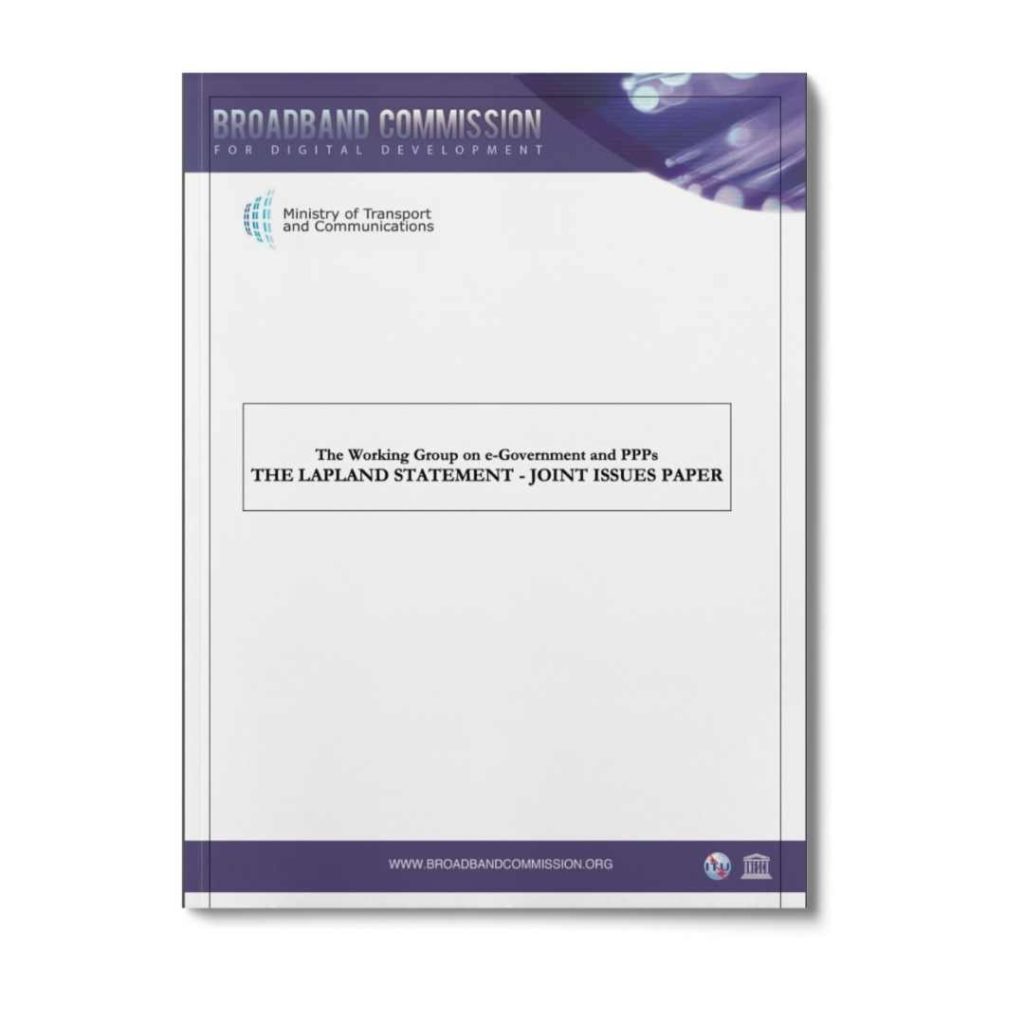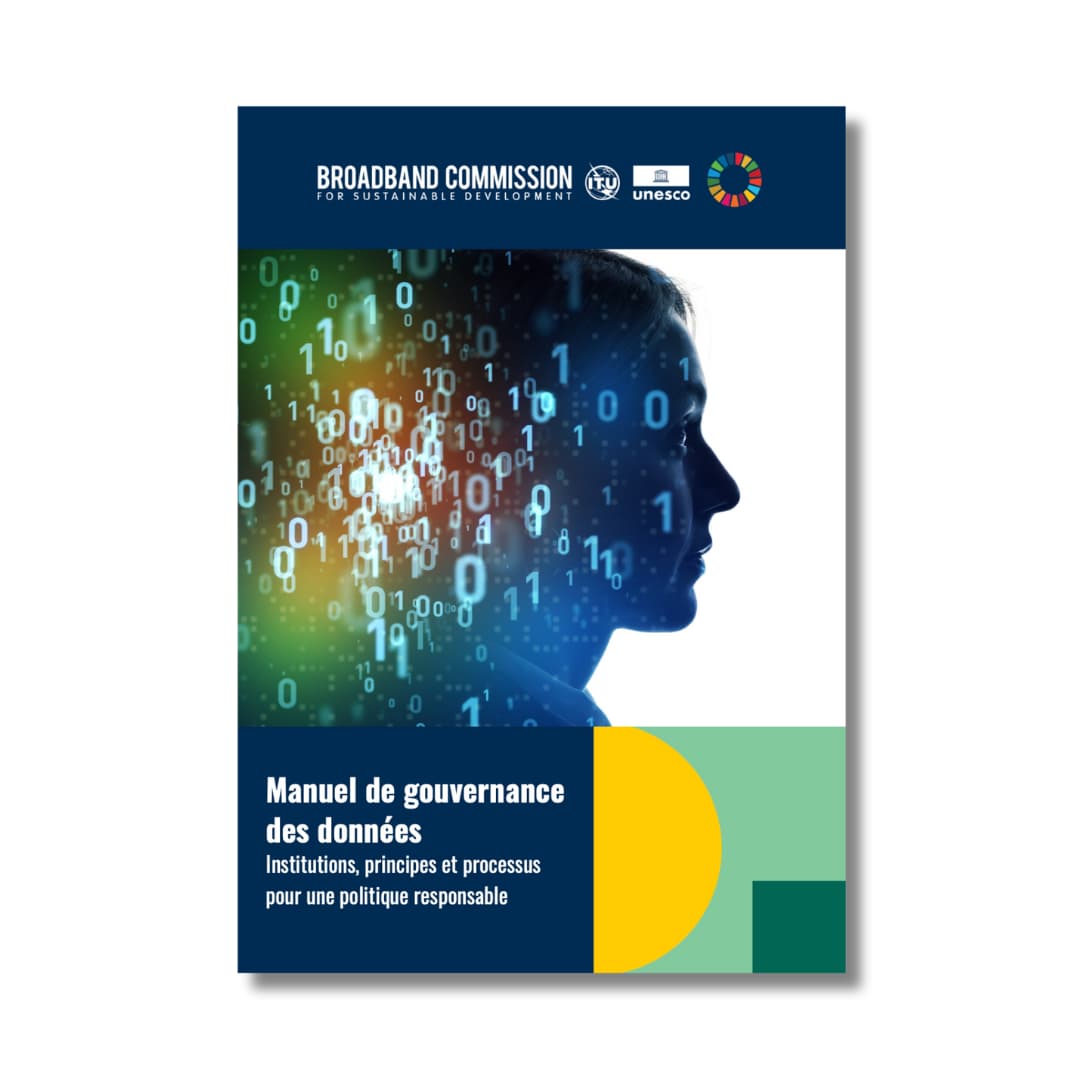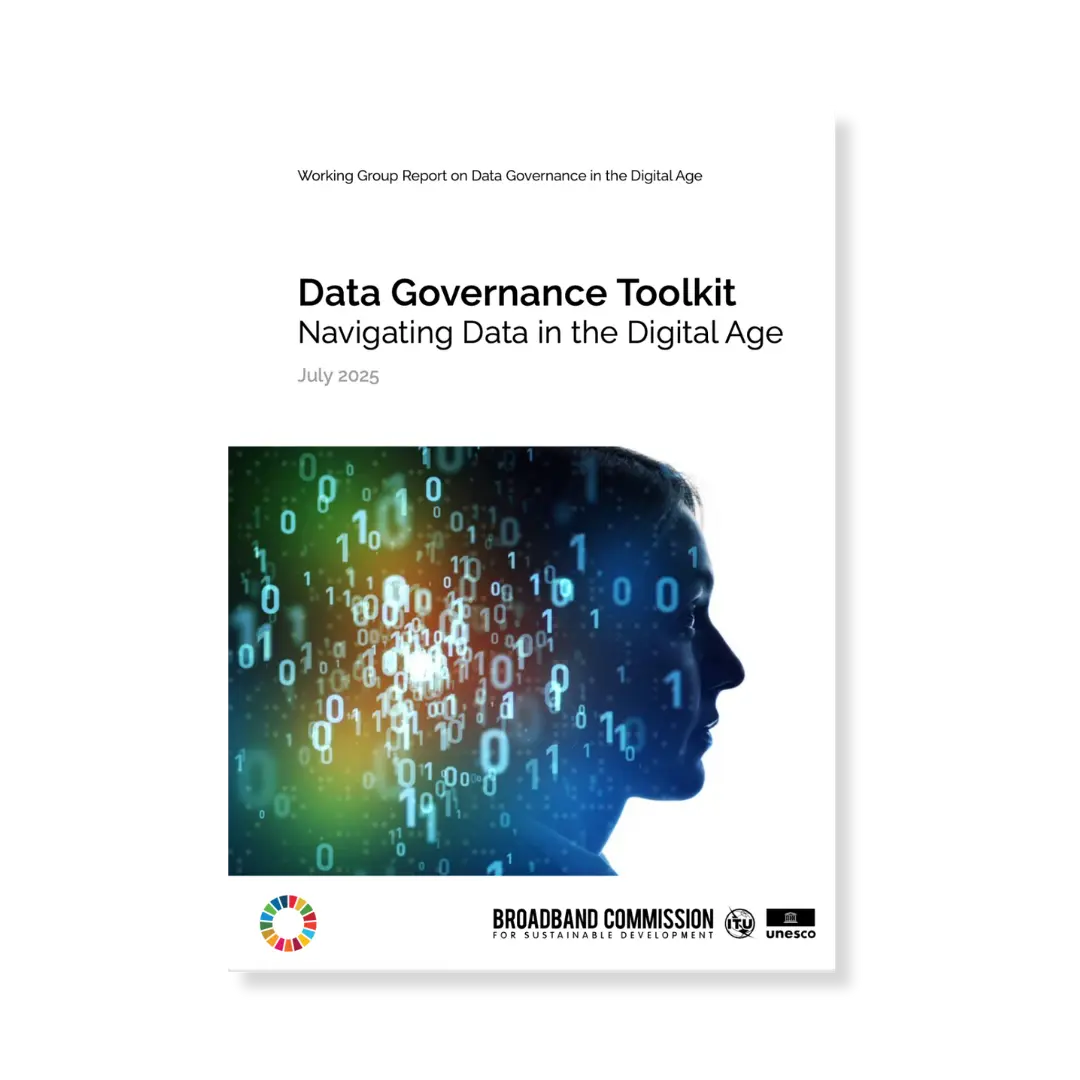Governments are using ICT to provide services between government agencies and citizens, businesses, employees and nongovernmental agencies. E-Government initiatives in developing countries are not only struggling with a lack of financial resources and incentive design, but also with restricted skills and capacity within the governments. An increasing number of initiatives are being employed to improve the delivery of public services to the people, and to tap the potential synergy from the interaction between new technologies, an educated population and an enabling environment for the attainment of knowledge-based economies.
The Working Group’s joint issue paper – The Lapland Statement – is based on the process approach which will take into account arguments included in OECD report. The pilot case would include :
1. Participation of beneficiaries in the design and/or implementation of the project.
2. Flexibility and improvisation in the implementation of the project.
3. Learning in order to improve implementation of the project (embracing both learning from past experience and iterative learning-by-doing during the project).
4. Utilising and building local capacities including those of local institutions
5. Competent leadership of the project that is able to promote the other four element




